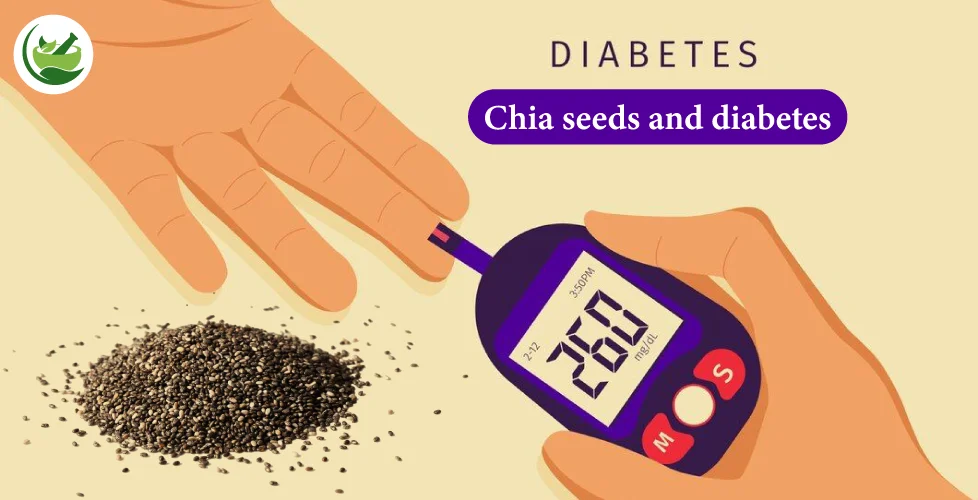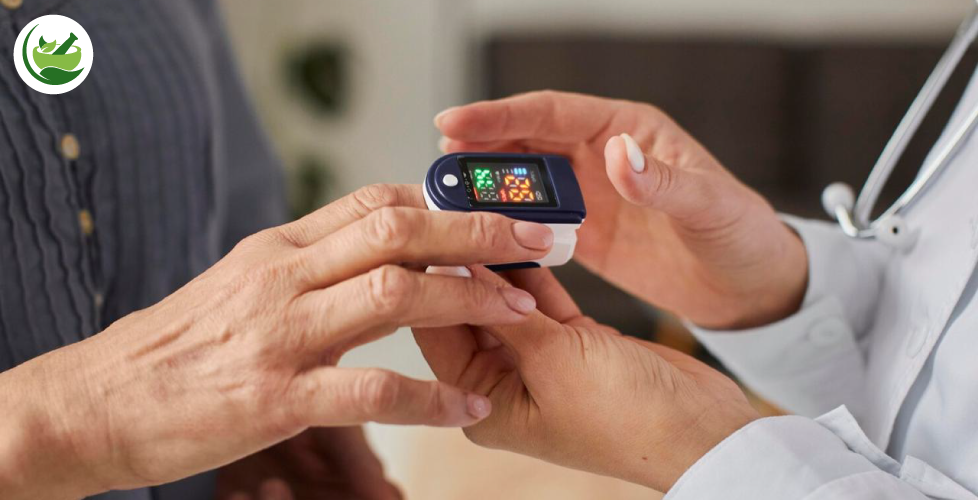
In recent years, chia seeds have gained attention for their numerous health benefits, particularly for individuals managing diabetes. This tiny superfood is loaded with nutrients that can help stabilize blood sugar levels, enhance insulin sensitivity, and provide overall health benefits. Here, we explore how incorporating chia seeds into a diabetic diet can be a strategic move for effective blood sugar management. and the impact of Chia Seed Benefits for Diabetes.
Understanding Diabetes and Blood Sugar Management:
Insufficient insulin production (Type 1 diabetes) or the body’s inability to effectively use insulin (Type 2 diabetes) characterizes diabetes as a chronic condition with elevated blood sugar levels. Managing blood sugar levels is vital for individuals with diabetes to prevent complications such as cardiovascular disease, nerve damage, and kidney problems.
What Are Chia Seeds?
Chia seeds, derived from the plant Salvia hispanica, have been consumed for centuries for their nutritional value. These tiny seeds are packed with essential nutrients, including fiber, protein, omega-3 fatty acids, vitamins, and minerals. Despite their small size, chia seeds offer a plethora of health benefits, making them a valuable addition to a diabetic-friendly diet.
Related blog Health Benefits Of Black Vs. White Chia Seeds
Nutritional Profile of Chia Seeds
Chia seeds are small, but they pack a nutritional punch. They are an excellent source of fiber, omega-3 fatty acids, protein, and antioxidants. Here’s a breakdown of their nutritional components:
Fiber: Chia seeds are rich in fiber, with nearly 11 grams per ounce. Fiber helps slow down the digestion process, preventing spikes in blood sugar levels after meals.
Omega-3 Fatty Acids: These are essential fats that the body cannot produce on its own. Omega-3s are known for their anti-inflammatory effects and also help improve heart health.
Protein: High in protein, chia seeds can help reduce hunger and stabilize blood sugar levels.
Antioxidants: They contain antioxidants that fight free radical damage and reduce inflammation, which is particularly beneficial for people with diabetes who are at higher risk of complications.
Related blog From Omega-3s To Antioxidants: Comparing The Health Benefits Of Hemp And Chia Seeds
Chia seeds and diabetes
Chia seeds hold significant promise for individuals managing diabetes, primarily due to their ability to influence blood sugar levels. The mechanisms behind the benefits of chia seeds for diabetics have been studied, with several studies highlighting their impact on blood glucose stabilization and insulin sensitivity.
Impact on Blood Sugar Levels

1. Slowing Down Glucose Absorption
The high fiber content in chia seeds plays a pivotal role in the management of diabetes. Fiber does not raise blood glucose levels since the body does not digest it. This helps to moderate the absorption of sugar into the bloodstream and avoid sudden spikes in blood sugar levels, which are crucial for diabetes management.
2. Improving Insulin Sensitivity
The alpha-linolenic acid and fiber in chia seeds can help enhance insulin sensitivity and thus reduce blood sugar levels after meals. Better insulin sensitivity makes it easier for the body to utilize glucose from the bloodstream effectively, reducing the burden on the pancreas.
3. Promoting Fullness and Weight Management
Chia seeds have the unique property of absorbing water and expanding in the stomach, which increases the feeling of fullness and reduces food intake. This can lead to weight loss, which is beneficial as obesity is a major risk factor for type 2 diabetes.
Practical Tips for Incorporating Chia Seeds into Your Diet
In Beverages: Add chia seeds to smoothies or water to make chia fresca, a popular drink in Mexico and Central America.
In Breakfast: Sprinkle them over cereals, yogurt, or blend into porridges.
As an egg substitute, mix 1 tablespoon of chia seeds with 3 tablespoons of water and let it sit for a few minutes until it forms a gel-like consistency, perfect for vegan recipes.
In Baking: Use chia seeds in baking breads, muffins, and pancakes to add a nutritional boost.
Related blog Maximizing Nutrition: Exploring The Benefits Of Chia Seeds In Smoothies
Precautions and Potential Side Effects
While chia seeds are generally safe and beneficial, they must be consumed in moderation, especially by diabetics, due to their potent effect on blood sugar levels. Overconsumption can lead to gastrointestinal issues such as bloating and gas due to the high fiber content. It’s always advisable to start with a small amount and gradually increase the intake to allow the body to adjust.
Patients taking blood sugar medications should also consult with a healthcare provider to adjust dosages if necessary to avoid hypoglycemia, a condition of unusually low blood sugar levels.
Conclusion
Chia seeds offer a potent combination of Chia Seed Benefits for Diabetes and stabilizing blood sugar levels. With their rich fiber content, alongside healthy fats and proteins, they serve as an ideal addition to the diabetic diet. Consult healthcare providers or dieticians before dietary changes, ensuring chia seeds align with your health needs. Integrate chia seeds into your daily regimen for proactive blood sugar management and better health. Versatile seeds easily fit into dishes like smoothies and salads, adding nutrition and flavor. Embrace the Chia Seed Benefits for Diabetes as a natural ally in your journey towards optimal health and diabetes management.






